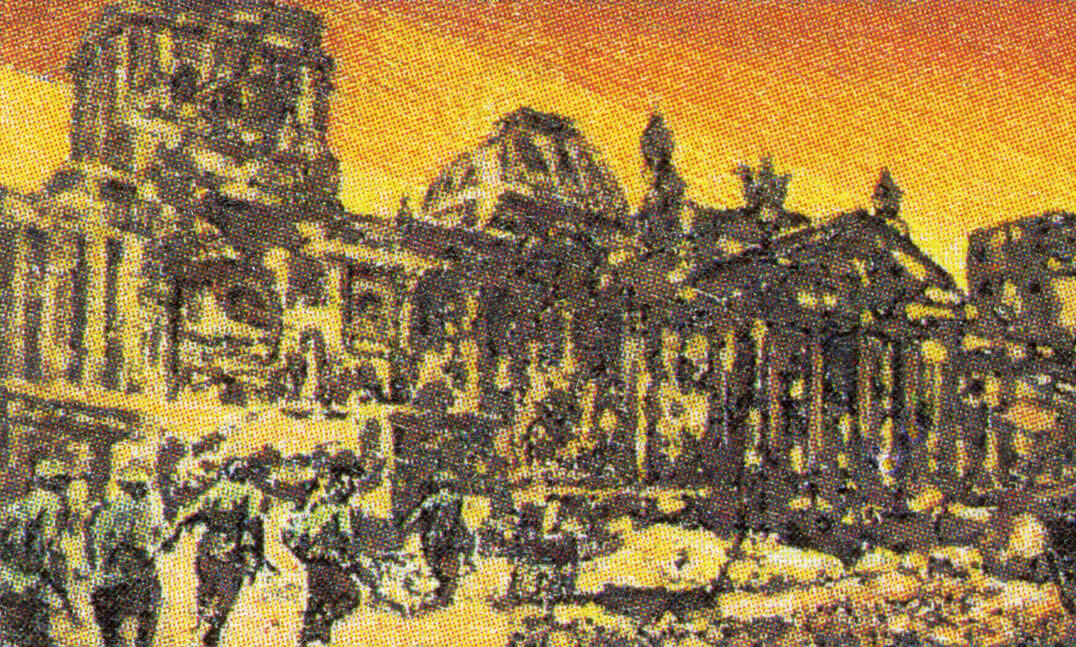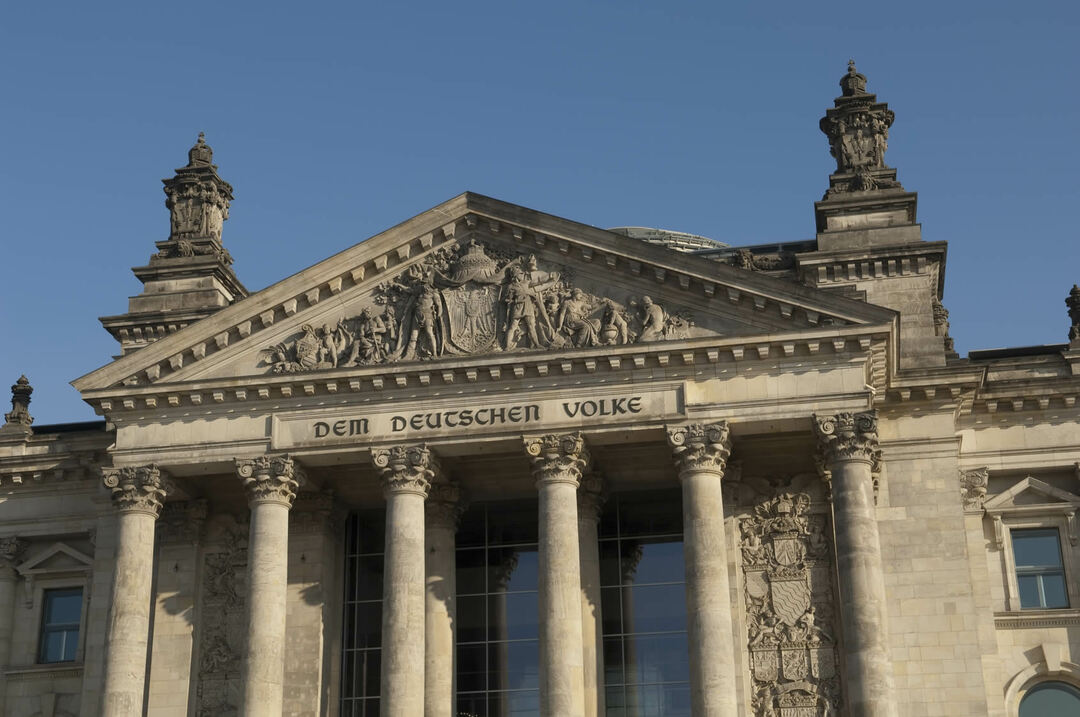Reichstag fire decree
Miscellanea / / November 13, 2021
By Guillem Alsina González, in Aug. 2018
 On the night of February 27, 1933, the Reichstag, a building that has housed the various German Parliaments since 1894, was on fire. With the Nazis in power, that same night the beginning of the end of the democracy in Germany, an end that would be ratified the next day with the decree whose name referred to incident.
On the night of February 27, 1933, the Reichstag, a building that has housed the various German Parliaments since 1894, was on fire. With the Nazis in power, that same night the beginning of the end of the democracy in Germany, an end that would be ratified the next day with the decree whose name referred to incident.
The Reichstag fire decree It was a law passed by the President of Germany (Paul von Hindenburg) at the request - and with pressure - of the Chancellor Adolf Hitler, which suspended various civil liberties in order to avoid a hypothetical uprising leftist.
The latter was the most feared by the conservative German ruling class, both looking at the example of what had happened in Russia with the revolution, as with your own experience domestic violence of post-World War I revolutionary attempts, and which were vigorously repressed violence.
The very night of the fire, Marinus van der Lubbe, a Dutch communist activist who was accused of setting the fire, was arrested.
Van der Lubbe is arrested after he tried to burn down other public buildings, although there are many historians who question his authorship. Later, three more communist leaders were also arrested (Georgi Dimitrov, Vasil Tanev and Blagoi Popov), who would expose the Nazi arguments with their excellent rhetoric, especially Dimitrov.
Those who doubt Lubbe's authorship claim that the fire may well have been a Nazi plot and therefore carried out by National Socialist militants.
Be that as it may, the Nazis seized the opportunity to seize even more power, and the next day President Hindenburg approved the law of which we speak.
The decree suspends, indefinitely and in light of the situation, the freedoms of expression, of the press, of assembly, of association (linked to the previous one), and the secrecy of communications. It also endowed the authorities with full powers.
 This, in practice, ripped democracy out of Germany, turning it into a police state in which any citizen was subjected without rights to the arbitrariness of the government and the authorities, which was to say about the Nazi party.
This, in practice, ripped democracy out of Germany, turning it into a police state in which any citizen was subjected without rights to the arbitrariness of the government and the authorities, which was to say about the Nazi party.
The Nazi government also took the opportunity to centralize powers that until then had the Länder, and to carry out mass arrests of opponents.
In this way, and in a few days, the communist opposition disappeared from public life, having since then to live in the most absolute secrecy.
In the subsequent elections of March 5 of the same year to the Reichstag (the chamber met in another building, meanwhile), the Nazis obtained 44% of the votes, which that would lead to the approval of the subsequent enabling law of 1933, with which the Reichstag itself was left without power, which concentrated everything at the hands of the government.
It was the coup de grace to a democracy that became a dictatorship in the space of little more than a month.
Photos: Fotolia - Popova Olga / Patrik Dietrich
Topics in Reichstag Fire Decree
